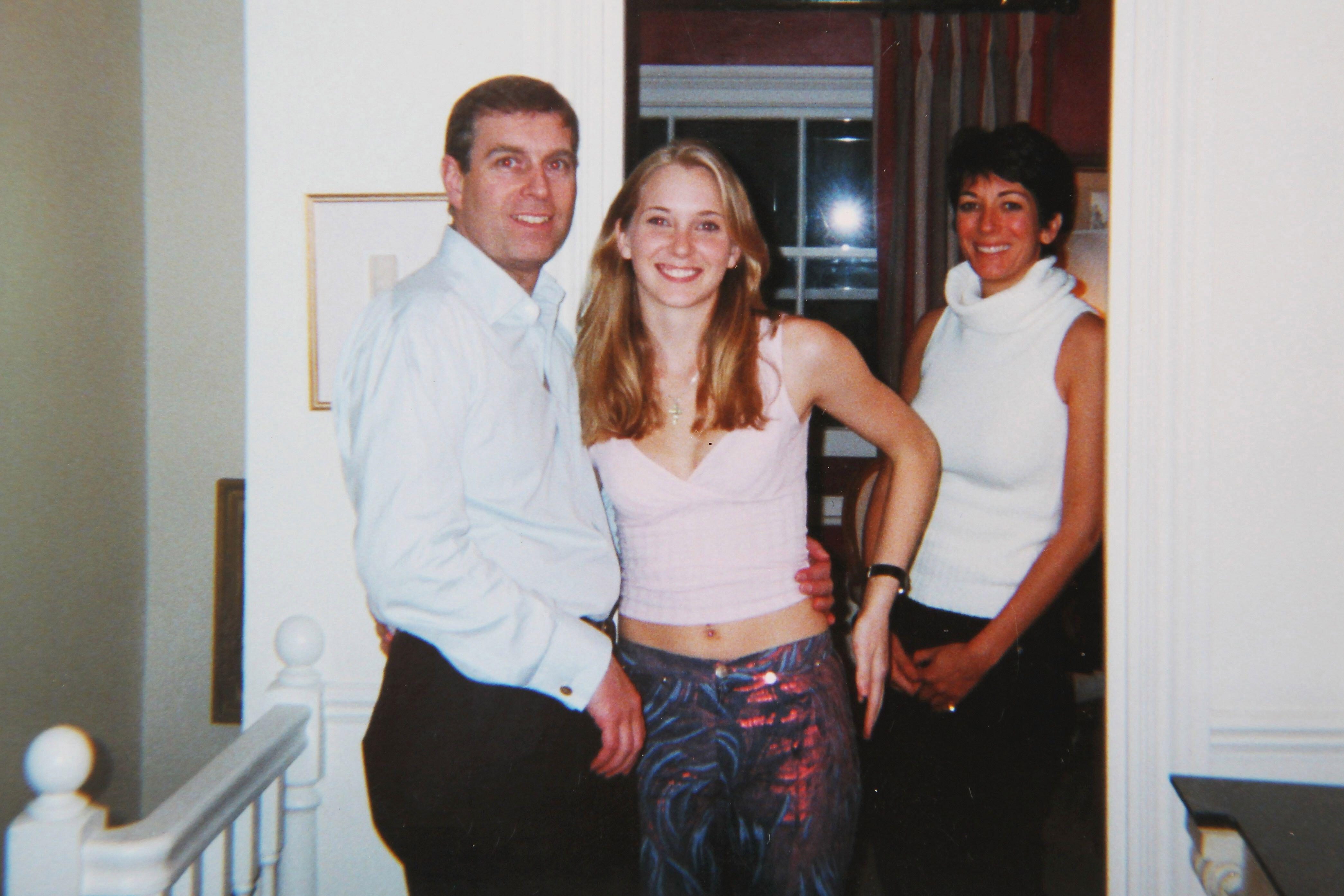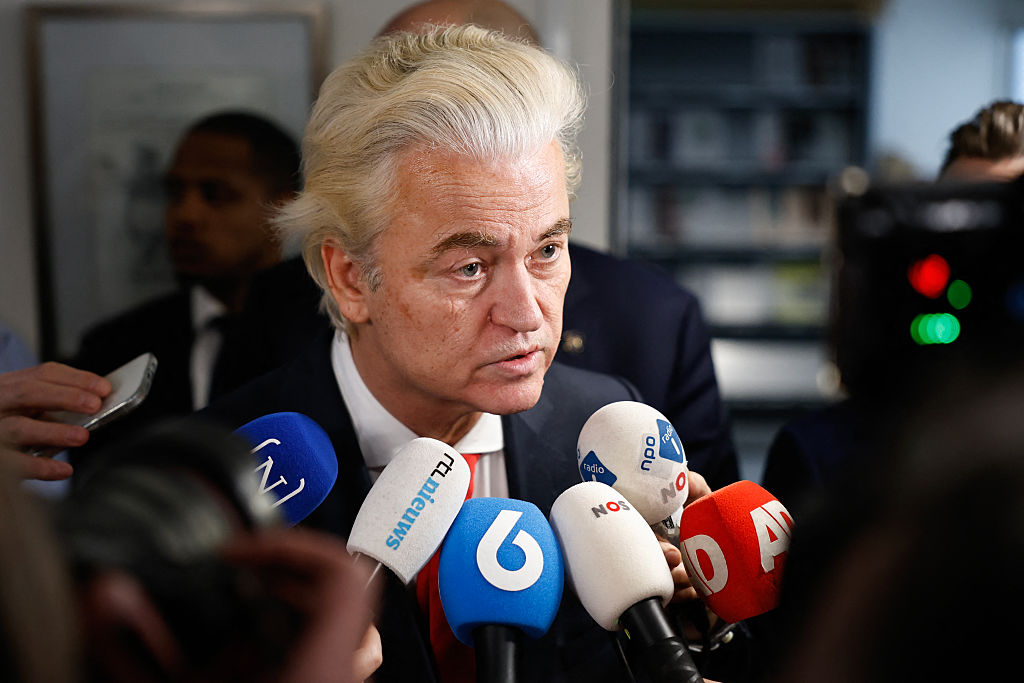James Bond is not what he used to be. His motivations were once so simple: MI6 had told him to do it. Of late, though, he has been propelled about the screen by his inner demons, shooting people he’s not supposed to shoot, revisiting his childhood, collecting traumas, developing a mother-complex with Judi Dench. What makes Bond, Bond? Once, it didn’t matter, now it does. The next film, Bond girl Léa Seydoux has said, will be ‘even more psychological’.
The screen reflects the culture. Psychology, it seems, is what we want now. The stuff is simply everywhere. Imposter syndrome, projection, narcissism, Stockholm syndrome, triggering, boundaries, personality type, self-care — these terms now pepper the discourse. The same impulse which in recent years caused an academic to diagnose Mr Darcy with autism now impels people to identify each other as narcissists, or gaslighters, or enablers, or of being in denial.
The problem? For a start, we often get it wrong. Psychology and psychiatry are perfectly respectable fields and the terms I’ve just listed all refer to real things, but what bubbles to the surface, through non-scientists and on social media, are pet theories and cherry-picked studies, wielded by people with no idea what they’re talking about. And the trouble with that is that this semi-medical jargon is strangely powerful. When it enters debate, it shapes it.
To illustrate that power we don’t have to go much further back than the British government’s flirtation with ‘behavioral fatigue’. The idea, floated in March, was that locking down too soon would cause the public to get bored and start breaking the rules. The theory, experts wrote in the BMJ, had ‘no basis in behavioral science’, yet it became a major part of UK government strategy. Why?
Two explanations suggest themselves. First, that non-scientists don’t like to question science concepts in case they reveal their ignorance. Second, that we have an undue respect for, and fascination with, psychological ideas. Much space was given over to repeating the phrase ‘behavioral fatigue’ and explaining laboriously what it meant rather than presenting the evidence behind it. Psychology is now taken as a total explanation — the end of the story, the root of the mystery. Why probe any further?
The rise of pop psychology is doing something unhealthy to public debate, too. It introduces an uneasy power dynamic, that of patient and shrink. If, mid-argument, I diagnose myself with needing special consideration — I’m triggered, or traumatized — I can force my opponents to tiptoe around me, or shame them into retreat. I can even shut someone else out of the debate altogether if I consider it necessary for my ‘self-care’.
Much has been written about what those who claim themselves victims can do to free speech. But that’s only half the story: the power dynamic operates in the other direction too. If I diagnose you with a psychological issue, I can dismiss you. You may think you are putting forward a point of view but to me you are merely exhibiting symptoms. You have an opposing opinion to mine? You seem very angry and upset. Perhaps you should go for a walk. You snowflake.
That second tactic hurts free speech too. The habit of painting opponents as thin skinned, common among those who profess to love open debate, works to discredit them and thereby shut them out of the argument. Why give fair hearing to views driven by emotion rather than reason?
And in so far as promoting psychological jargon is ‘woke’ and therefore ‘of the left’, it is fairly self-defeating because it works to rebrand social and economic issues as individual medical ones. Dissatisfaction with the way things are becomes something for you and your doctor to sort out, not society. Demoralized at work? Don’t join a union, take citalopram. Feminist? Perhaps you’d be happier if you weren’t. It’s the sort of thinking that allows corporations to address employee problems with ‘wellness programs’ rather than reasonable hours and fair pay. The philosophy of the left, ‘change society’, is replaced with ‘change yourself’.
If turning the debating chamber into a therapist’s office is simply supposed to make everyone kinder and gentler, it doesn’t work either. In therapy, kindness and consideration only need to flow one way. The American author Fredrik deBoer has pointed out that there is an inherent contradiction in the self-care discourse, which proposes that everyone ‘asks for their needs to be met’, and is not ‘afraid to say no to others’. But what if one person is saying no to meeting another person’s needs? There’s no answer.
This article was originally published in The Spectator’s UK magazine. Subscribe to the US edition here.

























